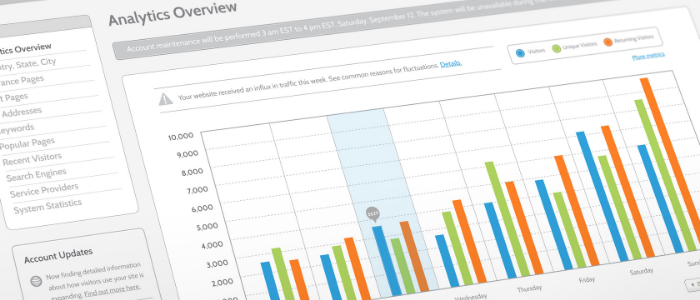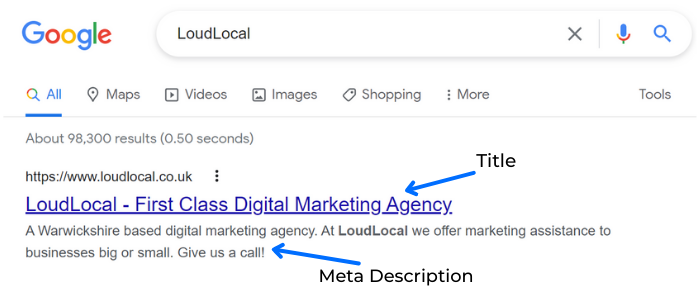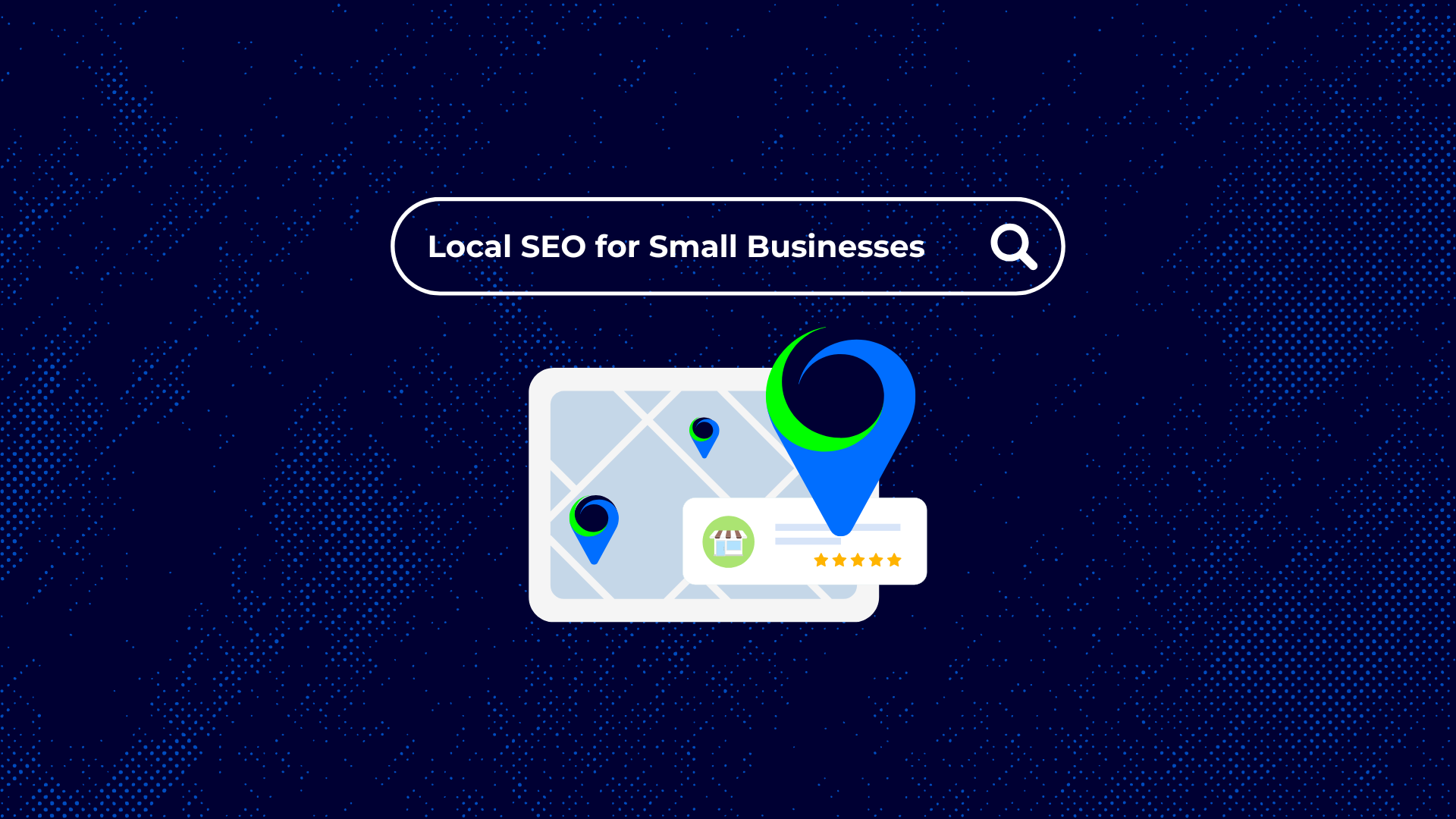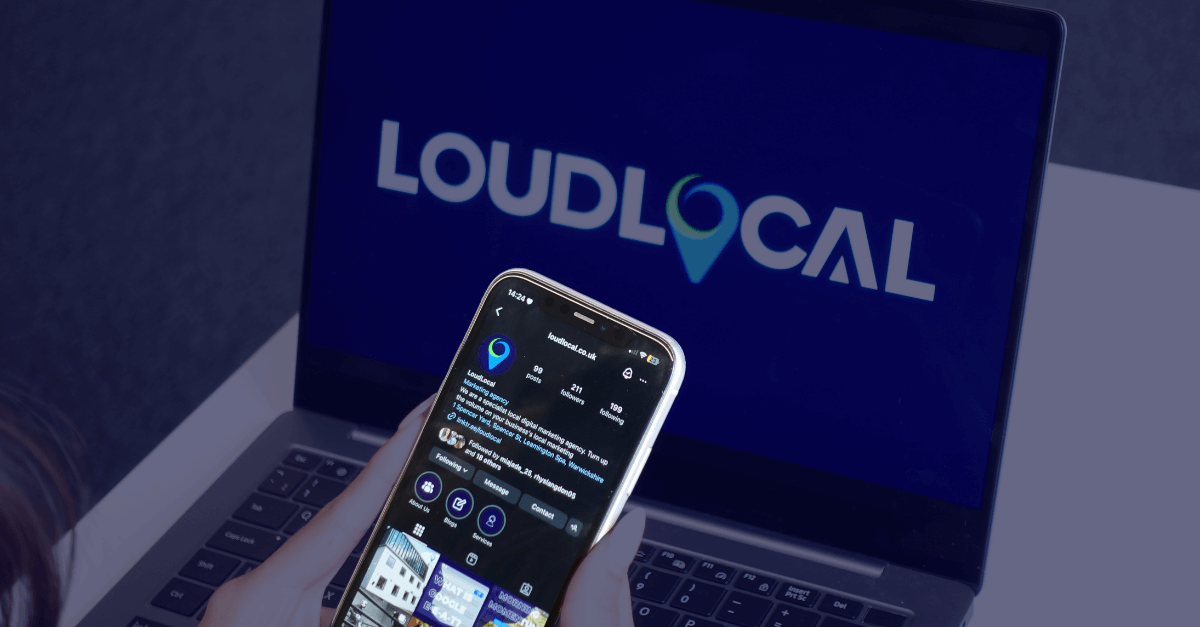The Ultimate Guide to Local SEO for Small Businesses (2025)
Getting found by local customers online isn’t some magic trick, it’s about making sure your business shows up when people nearby are searching for...
Got a question, or need help with something?
A member of the LoudLocal team is on hand to help you.
The Brickyard, Unit 2, Queen's Rd, Kenilworth, Warwickshire, CV8 1JQ
5 Merchant Square, Paddington, London, W2 1AY
4 min read
Conor Hutchinson
:
Mar 21, 2022 11:11:06 AM
A question we get asked on a daily basis is, what is SEO and why is it important?
So to help, we have created this guide written in plain English which outlines exactly what SEO really means and what are some of the best practices used to this day to rank websites higher organically.
What we cover in this guide:
Search Engine Optimisation (or SEO for short) is all about increasing the organic traffic to your website. For example, you could optimise for:
On-Page Content - On-page content is all about the "on-page content". Think about your blogs, service and products pages. You would want to optimise titles, paragraphs and headlines etc.
Domain Authority -Domain authority is all about how the website is ranked, against other sites, by the search engine overlords. Websites are ranked with a 1 to 100 score; higher scores mean higher rank. Most well established and trusted websites will usually have a high score.
Technical Setup - The Technical Setup of websites is all about the "behind the scenes" of a site. The optimisations mainly focus on the performance of all devices, load speed etc.
Put simply, websites optimised for SEO are more likely to be placed at the top of the search engine results page (SERPs) when a user makes a search query.
As of 2022, on average there are upwards of 3.5 billion daily searches on Google with over 1.93 billion live websites. Google also holds over 90% of the search engine market share, with Bing in second place at only 2%.
SEO can be worth it for many websites, but it usually boils down to the goals of the business/brand looking to promote their website. You could always use social media or paid search advertising to promote your website however, SEO is a long term strategy that is likely to show results as time goes on, giving you a “free” way of getting (Organic) traffic to your website.
 Just a note. SEO strategies will take time to "brew" before you see real impactful results. Just be ready to adapt and make changes when necessary.
Just a note. SEO strategies will take time to "brew" before you see real impactful results. Just be ready to adapt and make changes when necessary.
You will need to have a site optimised for traversal. However, this is not just for a user who may visit your website but also for web crawlers. A web-crawler is a search engine bot that indexes content, so it knows where to list you on search engines results pages or SERPs for short.
Anyone visiting a website will form an opinion about the business from their first impression. If you find that your website has a high bounce rate (Leaving after the first page) then a review of your website and a potential redesign is likely the best action to take.
SEO is all about the keywords. A keyword is a relevant phrase or word related to your brand or business that a user may search for in a search engine. The more times you use these keywords or phrases, the more impact they will have.
However, there does need to be a balance. If you use the same keyword more than 2-3 times, search engines will penalise you for "Keyword Packing". So try not to overuse a keyword if you don't need to. Alternatively, try and use synonyms and abbreviations if it makes sense to do so.
As for finding the keywords themselves, no one expects you to take a shot in the dark. "Google Keyword Planner" is a free tool that you can use to give insight into the average monthly search volume for different keywords. It will allow you to see what keywords are the best to rank for (they also offer you a bid range if you plan to make a paid search campaign in the future).
 It is easy to want to pick all the "popular" keywords for your niche. However, the keywords with low/medium traffic will be more powerful for your SEO strategy because of the lower competition.
It is easy to want to pick all the "popular" keywords for your niche. However, the keywords with low/medium traffic will be more powerful for your SEO strategy because of the lower competition.
Images are great for SEO for many reasons. An Image acts as a break from wordy content while also adding to it, leading to a more refreshing experience. However, images also have the potential to slow down how quickly the site loads if they aren't optimised. To optimise an image for load speed all that needs to be done is to shrink the image's file size.
The image may be clear to you or me but not so much for a web crawler. (A Web crawler is an indexer for all the search engines). This is an easy fix, however, you just need to name the image. This is done by renaming the image with a snippet of text as to what it is. If possible, I recommend using relevant keywords and keeping the text at 100 characters as a maximum.
 I would recommend using "tinypng" as it is a free website that will shrink the size of the image down for you.
I would recommend using "tinypng" as it is a free website that will shrink the size of the image down for you.
A title is your way of presenting the purpose of your business. In most cases, a title should be no longer than 55 characters, which is the cut-off point for most search engines. A well-written title will engage the reader and provide information on what they should expect when they visit, otherwise you could see high bounce rates.
The meta description is the snippet of text that gives more context to the title and content you have on the page. The meta description has a cut-off point of 150 characters.
 In this example, we have used the keywords “LoudLocal” (as that's our business) and “digital marketing agency” (as that's what we do).
In this example, we have used the keywords “LoudLocal” (as that's our business) and “digital marketing agency” (as that's what we do).
In short, Search Engine Optimisation is all about the content you show. When anyone makes a search query they want the best result to appear for them as soon as possible. Search engines want to deliver the best results, SEO helps the formatting of the many websites out there on the web.
Well, I hope you found this guide useful. Any of the digital marketing channels can be daunting to approach as it just covers so much about how we can advertise in the world of today.
Thanks for taking the time to read, if you have any questions or are perhaps looking for more information on "SEO" why not drop us a message below?

Getting found by local customers online isn’t some magic trick, it’s about making sure your business shows up when people nearby are searching for...

Running a small business is a full-time job in itself, and finding time for social media can feel like an extra task on the list. But here’s the...

Running a trades business takes a lot of time and energy. You’re busy on site, chasing quotes, and keeping customers happy. But while you’re focused...
%20(1).png)
4 min read
For years having a robust SEO (search engine optimisation) strategy has proven to be an essential element of a digital marketing strategy...
1 min read
Why Local Search Engine Optimisation (SEO) is Important If you are a small or local business, reaching people in your local area is vital for...
First Things First - What is Bounce Rate? Bounce rate is a commonly used metric to determine whether your site "holds up" so to speak. When a user...